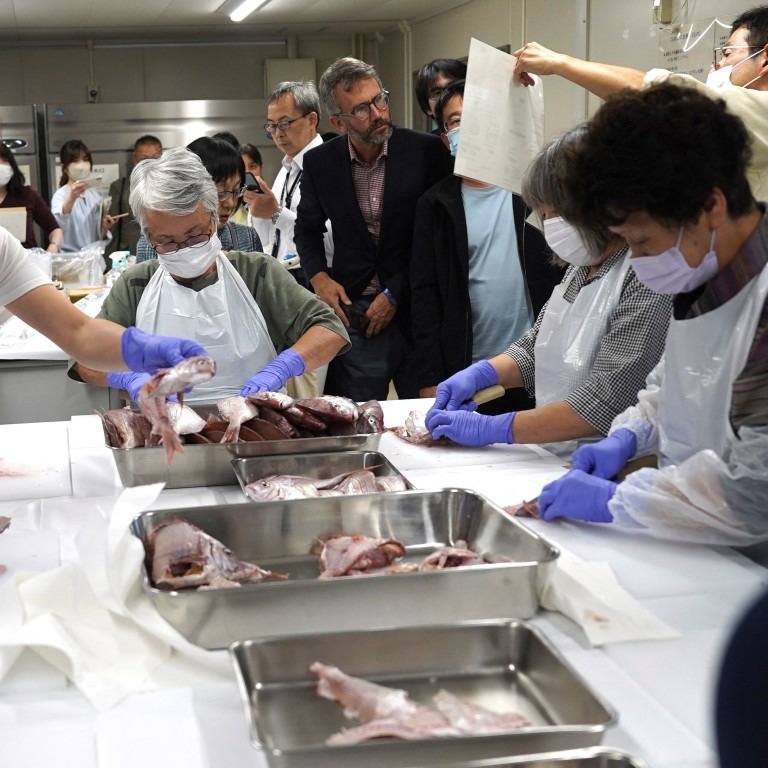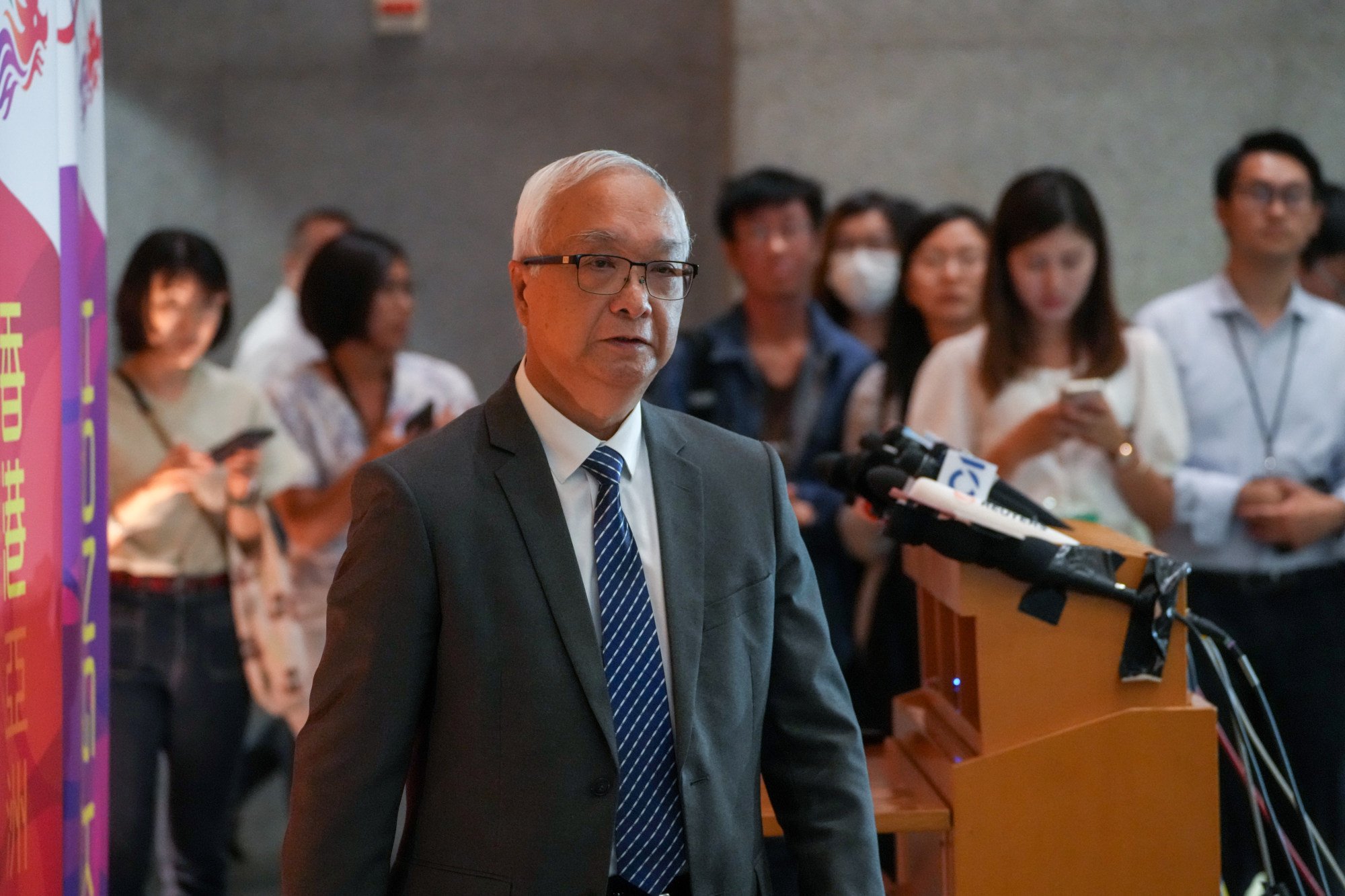
Hong Kong’s environment chief says Japanese seafood ban won’t be lifted any time soon, despite lobbying efforts by country’s consul general
- Secretary for Environment and Ecology Tse Chin-wan stresses ban in response to Japan’s radioactive waste water discharge important for protecting residents’ health
- ‘A variety of events have shown … there are in fact many problems. So for now, I do not see why we should relax the ban,’ minister says
Hong Kong will not lift a ban any time soon on Japanese seafood imports imposed over radioactive waste water discharged from the Fukushima nuclear power plant, the environment minister has said a day after the country’s local consulate called for it to be scrapped.
“We have said this many times before: when you deal with waste water this way and release it in such great volume, can you really ensure no issues will arise throughout the entire process?” Secretary for Environment and Ecology Tse Chin-wan told a radio programme.
“A variety of events have shown … there are in fact many problems. So, for now, I do not see why we should relax the ban.”
Japanese consulate in Hong Kong urges end to ban on seafood imports
The minister’s remarks referred to the discovery of a black rockfish with levels of radioactive caesium 180 times over Japan’s safety limit, with the fish caught by Fukushima plant operator Tokyo Electric Power Company in May, two months before the discharge plan began.
Japan discharged 7,800 tonnes of treated waste water from the nuclear plant between August 24 and September 11, before beginning a second round on October 5 that spanned 17 days.
The decision prompted the Hong Kong government to implement a ban on aquatic products from 10 prefectures: Tokyo, Fukushima, Chiba, Tochigi, Ibaraki, Gunma, Miyagi, Niigata, Nagano and Saitama. Mainland Chinese also introduced its own ban on Japanese sea products. The two places are Japan’s biggest export markets for aquatic products.

Tse on Wednesday touched on Japanese media reports that five Fukushima plant workers were sent to hospital after they were accidentally doused with radioactive substances while cleaning some pipes.
Asked whether Hong Kong officials would visit the plant at Tokyo’s invitation to understand more about the process, the minister said he was “grateful” for the offer, but more details about the trip were needed before a decision could be made.
No room to ease Hong Kong’s ban on Japanese seafood, environment chief says
Kenichi Okada, Japan’s consul general in Hong Kong, on Tuesday urged city authorities to relax the seafood ban and said it was “heartbreaking” to see struggling local businesses that offered the country’s foods.
Trade ministers for the Group of 7, which comprises Canada, France, Germany, Italy, Japan, the United Kingdom and the United States, have also called for an “immediate repeal” of bans targeting Japanese seafood.
But Tse on Wednesday stressed the ban was in place to ensure the health and safety of Hongkongers.
